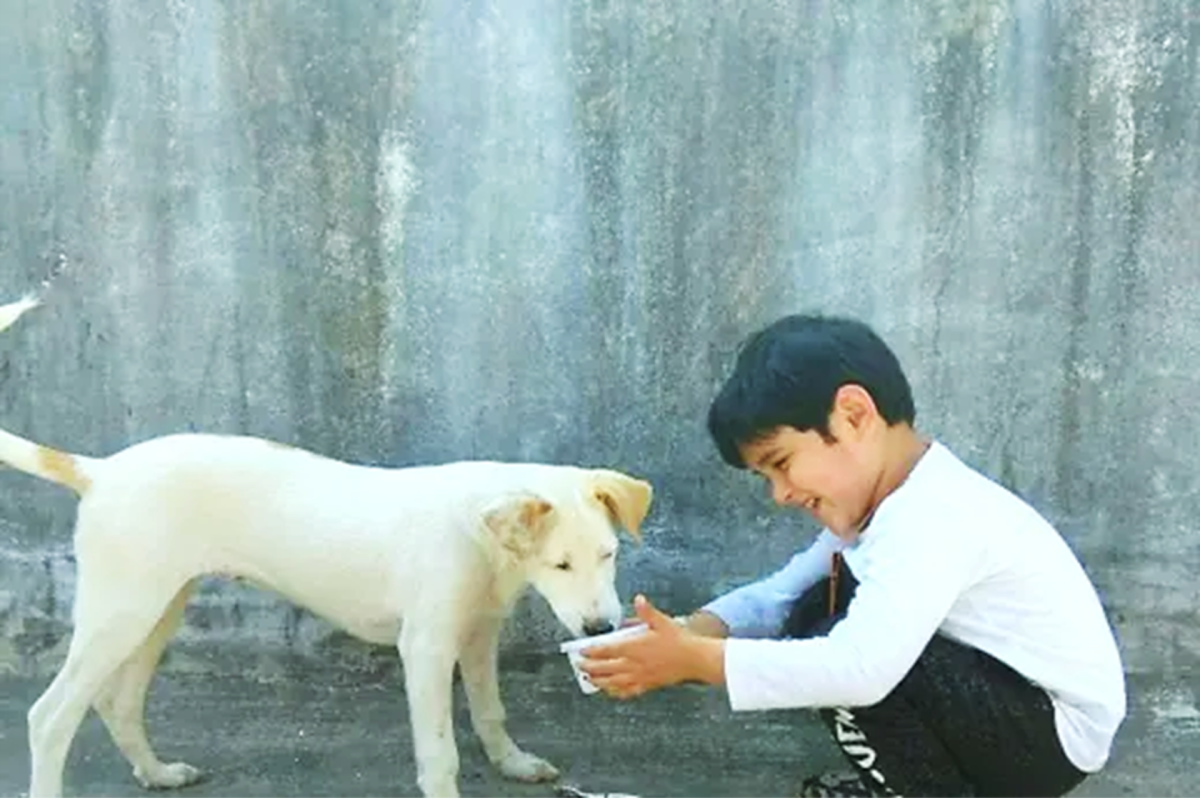Why is that dog wearing a dress? The modern-day status of pets

A Nation of Pet Lovers
Walk into any chain store and you will find an assortment of items specifically for pets. Beds, toys and clothing such as Santa outfits and rain jackets line the aisles. Social media is filled with happy pictures of people with their furry friends. Framed photos of our beloveds sit on desks in offices and hang on walls in our homes. For many Americans, pets are now considered family members, elevated to the same status as children. Pet owners are now called pet parents, and they will go to great lengths to ensure their pet (son, daughter) has the best.
Total number of pets in U.S. (millions)
Bird
| 14.3
|
Cat
| 85.8
|
Dog
| 77.8
|
Horse
| 7.5
|
Freshwater Fish
| 95.5
|
Saltwater Fish
| 9.5
|
Reptile
| 9.3
|
Small animal
| 12.4
|
American Pet Products Association, http://www.americanpetproducts.org/press_industryt...
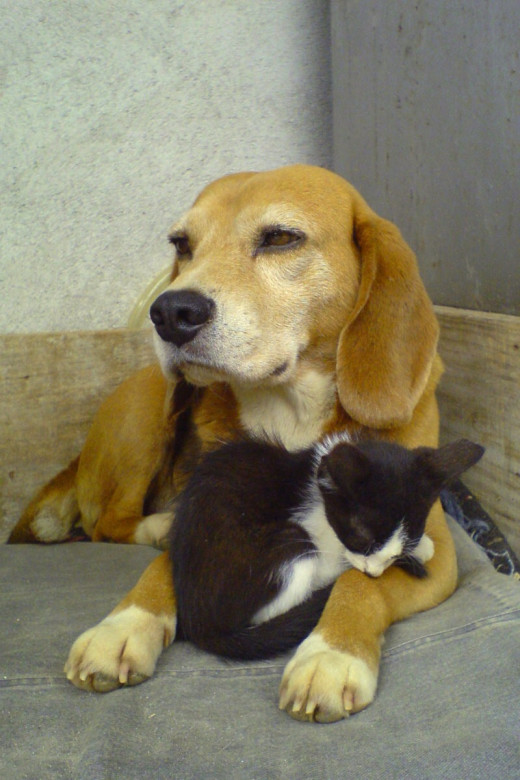
Do You Consider Your Pet a Family Member?
Though keeping animals as pets is not a new phenomenon, the status of pets in American society has changed significantly over the past few decades. Since the 1970s, there has been an increase in the number of Americans with pets. While dogs and cats are the most common, reptiles and birds have made a place for themselves in American households.
The pet industry has boomed, with the creation of new products to fulfil a growing society of pet lovers. Products exist for the treatment of every condition you can imagine, from diabetes to correcting an overbite. Shoes, sweaters, jackets, goggles and all kinds of items are available.
Just a look at pet spending trends over the past twenty years is revealing.
In 2014, Americans spent $58 billion on their pets, a number that has increased every year since the American Pet Products Association began their survey. In 1994, the first year of the survey, Americans spent $17 billion on their pets.
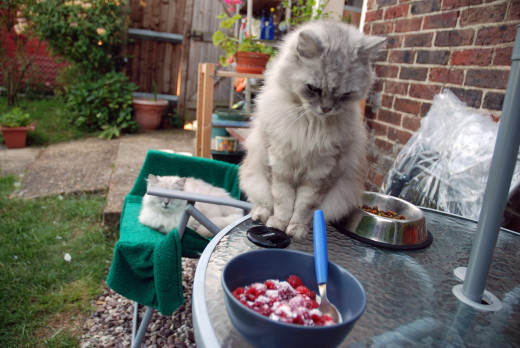
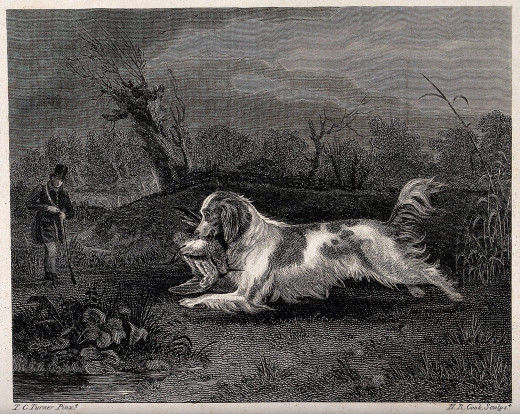

The Changing Role of the Pet
The pets of today are quite different from the pets of 200 or even 50 years ago. In the past, animals were usually kept for a practical reason, such as a caged songbird providing music before the invention of the radio. Dogs were kept for hunting and herding. Household pets were kept by noble ladies for sources of entertainment and possibly companionship. Some animals such as fish were kept for aesthetic reasons. Animals were seen as existing to serve man, and human-animal interactions existed to demonstrate man’s dominance over animals.
This perspective has changed quite a bit (some may argue that animals, specifically, pets, now dominate us!).
Today the primary reason for keeping pets is companionship. The modern American family is smaller than the families of the past. More people are either delaying children or forgoing them. We are also living farther away from our families than our ancestors did. People are living longer, though often alone. Despite living in such an interconnected world, many people do not feel connected to each other. Pets provide us the opportunity to interact with another living being, and to express love. In return, they love unconditionally.
Which one are you?
Dominionist
| Pets are useful and replaceable.
|
Humanist
| Pets are family members.
|
Protectionist
| Pets are vulnerable and should be protected.
|
Sociologist David Blouin identifies three views of pets held by people. http://uncpress.unc.edu/browse/page/386
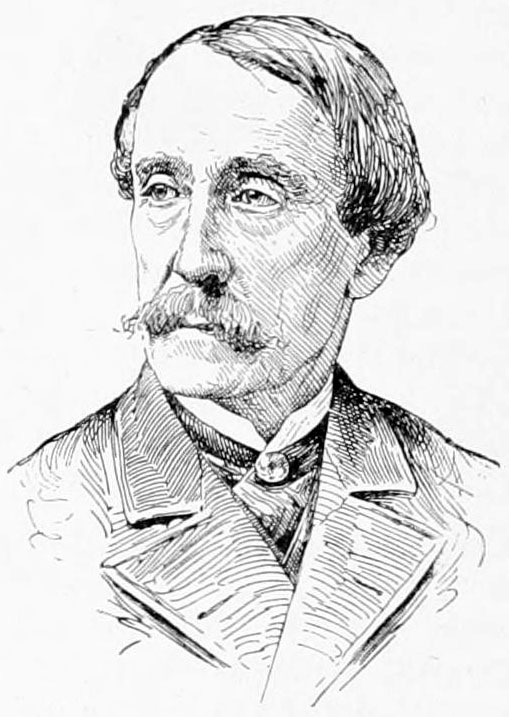
Animal Rights
In the United States, views regarding animals began to change around the same time views on slavery, women and children changed. The publication of Animal Rights helped bring about a shift in the way animals were treated, and led to the enactment of the first anti-cruelty laws. The American Society for the Prevention of Cruelty to Animals (ASPCA) was founded in 1866, and by 1888 other humane societies had sprung up around the country.
Henry Bergh, the founder of the ASPCA, helped bring cruelty cases to court. An example of one such case can be found on the ASPCA's website:
In the late 1800s blue-collar canines were used to turn treadmills and pull small carts, most often for men who could not afford a horse. In many cases, the dog's "owners" provided no food or shelter, leaving the animal to scavenge in garbage cans. In 1867, Bergh helped pass a law that prohibited the use of dogs to pull carts without a license. https://www.aspca.org/about-us/about-the-aspca/history-aspca
Slowly, but surely, animals began to be seen by society as sentient beings whose existence was not solely to serve humans.
The new American middle class set more demanding standards for pet keeping beginning in the nineteenth century, and it made kindness to animals an important subject for discussion and social action. -- Katherine C. Grier, Pets in America
You May Be Interested In...
In Our Homes
The 20th century saw advancements in the field of veterinary medicine and brought inventions that altered our interactions with pets. For example, cat litter and spaying/neutering allowed cats and dogs to live cleanly inside the home. The close proximity of the pet to the human allowed for closer bonds to develop. The invention of pet food made caring for dogs and cats easier, and the subsequent food varieties sparked an interest in pet diet and health.
The field of veterinary science changed significantly. Veterinarians, doctors once primarily used for horses and other farm animals, shifted their focus to household pets, such as dogs and cats. Pets began to live longer due to developments such as antibiotics, pencillin and vaccinations. By the 1950s and 1960s, pets were living 2-3 years longer than they had just several decades earlier.
Today, pets can receive the same care as humans. Veterinarians are specializing in fields such as cardiology, oncology and internal medicine. Animals hospitals are equipped with the machines needed for the testing and treating of a varety of conditions. Just a century ago, few people would have put so much effort into saving an animal's life.
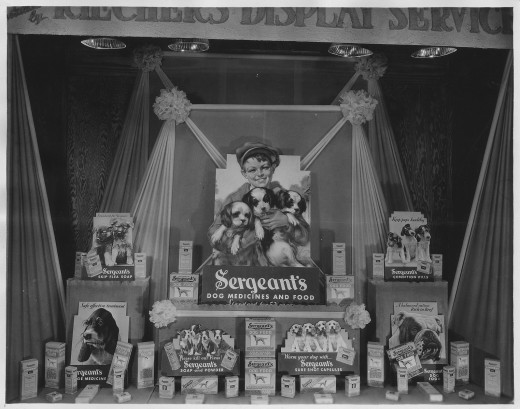
You May Be Interested In...
Just Like Us?
Our Revealing Language
Over time, pets began to take on more human-like features in society. For instance, popular pet names in the 1960s were dog or cat-specific, such as Fido or Kitty. By the 1980s, names were more likely to be human names such as Ben or Lucy.
Today, the term "animal owner" has been replaced with "pet parent" by many, including large companies such as Petco whose website says "We’ve been a part of pet parents lives since 1965." In fact, some states have legally replaced the term "animal owners" with the term, "animal guardians".
The term "pet" itself has been frowned upon by those who proclaim it demeaning to our furry friends. Those who dislike the term believe it trivializes the pet's role in our lives, and a more suitable term such as "companion" is preferred. Like the term "animal owner", "pet" is a term reminiscent of times when animals were considered mere property, rather than the family members they have become.
A Woman's Touch
The field of veterinary medicine may have also contributed to the now human-like status of pets. Once a male-dominated field, the majority of veterinarians today are now female (Fifty-four percent as of 2012). This is a stark contrast to the numbers of the past; for instance, there were only 30 female veterinary graduates in 1930 in the United States. Some believe that this increase in women has led to changes in the way pets are viewed. Bruce Vogel, a veterinarian, states that women brought “a different cognitive orientation and new feelings of empathy towards animals” that had not been seen in the veterinary field.
Backed by Science
Science has also altered the way people relate to pets. Much research has shown the benefits of pets, from stress reduction to alleviation of depression. Pets can encourage fitness and provide people with social interaction. Among the elderly, they can help ward off loneliness, provide mental stimulation and routine to their day. One study found that pet owners were more likely than non-pet owners to be alive a year after hospitalization for coronary heart disease. Another study found that dog owners were less likely to suffer from depression than those without a dog.
There is no psychiatrist in the world like a puppy licking your face. — Ben Williams
Should Pets Be Granted Legal Personhood?
The Law
Another key indicator of societal change is the legal status and rights of pets. Pets now hold more rights than any other animal, and there has been talk of granting them legal personhood. Currently pets are considered property, and legal personhood would afford them some of the same rights as humans. Of particular interest to supporters is the protection from cruelty it would bring. It could further shift societal attitudes towards pets and other animals in a positive direction. The American Veterinary Medical Association opposes the idea of legal personhood, as it would allow malpractice suits against veterinarians.
Professor David Favre from Michigan State University College of Law proposes the “living property” status as a happy medium. It would still consider pets property, but would give them more rights such as freedom from abuse, right to be cared for and right to not be sold.
References
- Are Cats and Dogs People, or Toasters? A Primer on Pet Personhood | davidhgrimm.com
- If Corporations Can Be Granted Legal Personhood, Why Can’t Animals Receive Basic Rights? |
Science and personal experience tell us that animals are sentient beings who experience a wide range of emotions, including joy, sadness, and fear. As such, they deserve to be treated as more than property, and they deserve certain important legal ri - Q&A: Pets Are Becoming People, Legally Speaking
Cats and dogs are gaining more rights, reports author David Grimm in his new book Citizen Canine. - Pet Industry Market Size & Ownership Statistics
- U.S. Pet Ownership Statistics
Companion animals | Exotic animals | Formulas/Calculator - Source: 2012 U.S. Pet Ownership and Demographics Sourcebook. - The Health Benefits of Pets: How Caring for Animals can Make You Happier and Healthier
Dogs are man’s best friend for a reason: a pet can ease loneliness, relieve stress, anxiety, and depression, encourage exercise, and provide unconditional love. - Citizen Canines? Pet Legal Status is Evolving
Legal rights are strengthening for companion animals across the United States, and as pets gain more protections, a new book by journalist David Grimm is revealing the tensions that result. - http://www.petpartners.org/document.doc?id=48
- Citizen Canines? Pet Legal Status is Evolving
Legal rights are strengthening for companion animals across the United States, and as pets gain more protections, a new book by journalist David Grimm is revealing the tensions that result. - Do We Treat Dogs The Same Way As Children In Our Modern Families? | Psychology Today
A new survey shows that dogs are being treated more like children, psychologically and behaviorally, in our modern families. - Animals and Modern Cultures: A Sociology of Human-Animal Relations in Modernity - Adrian Franklin -
The dramatic transformation of relationships between humans and animals in the 20th century are investigated in this fascinating and accessible book. At the beginning of this century these relationships were dominated by human needs and interests, mo - UNC Press - Pets in America: A History, by Katherine C. Grier. Introduction



